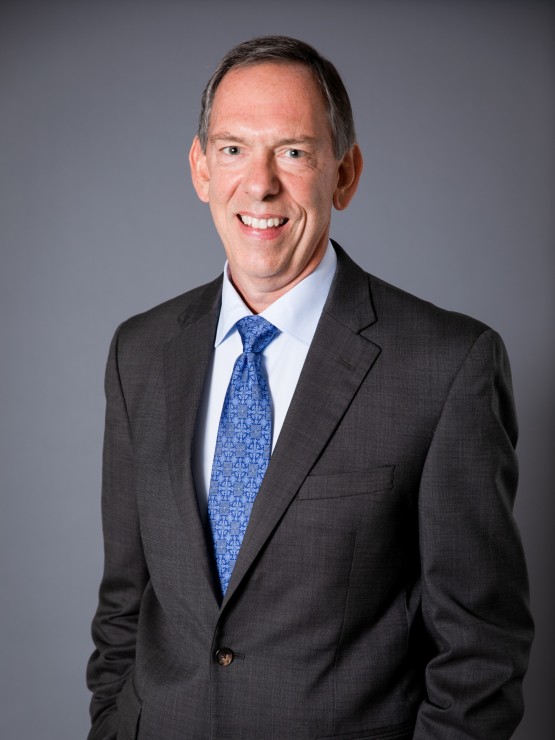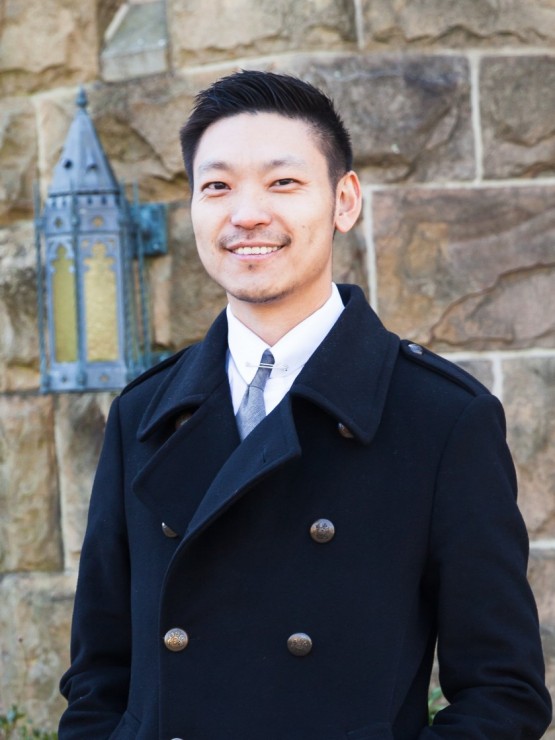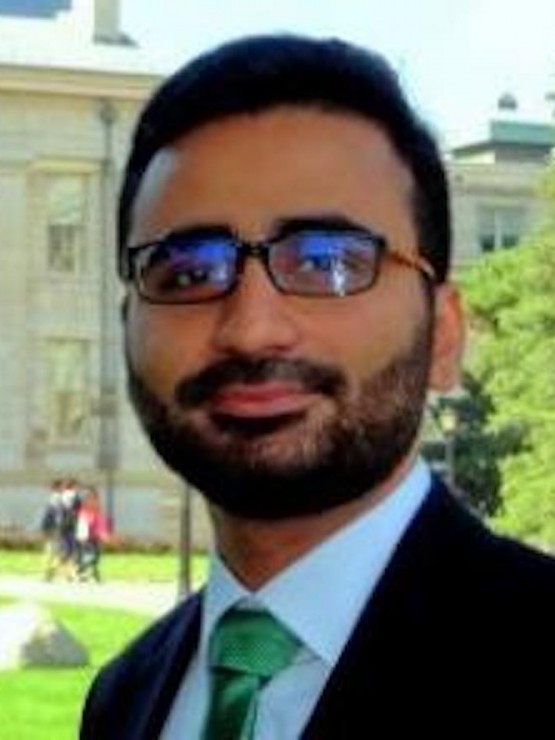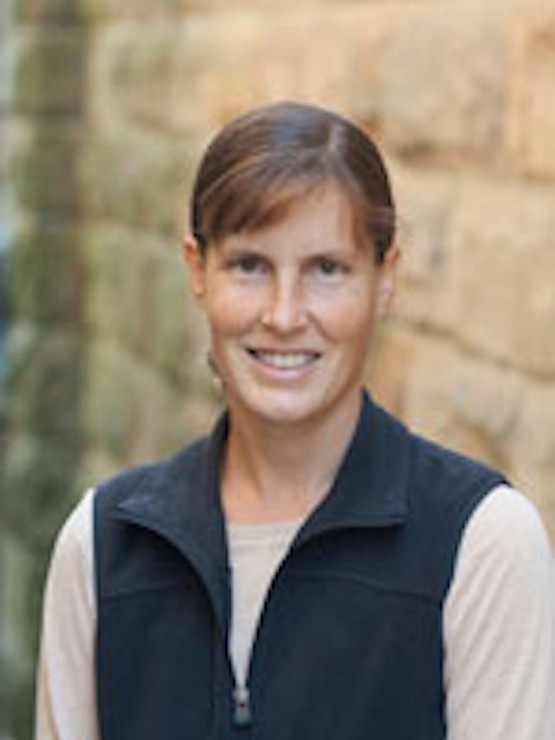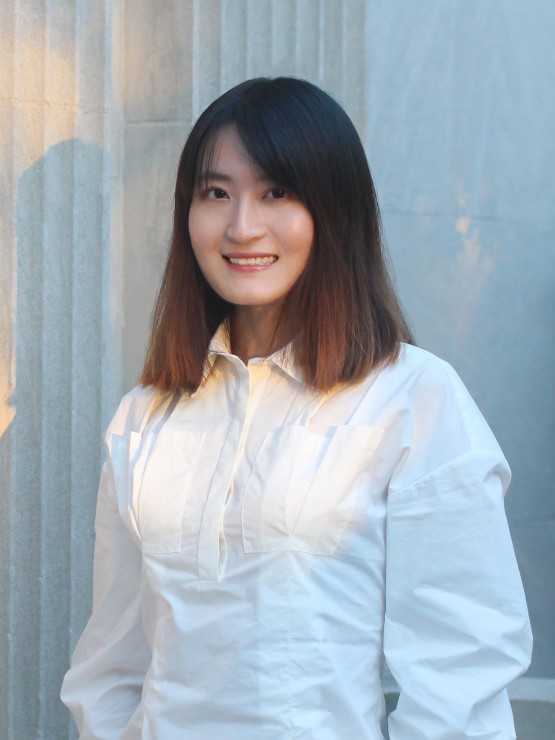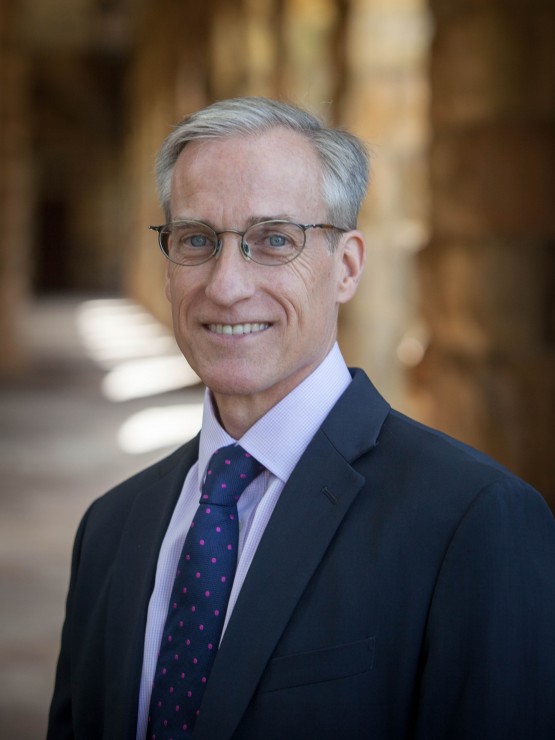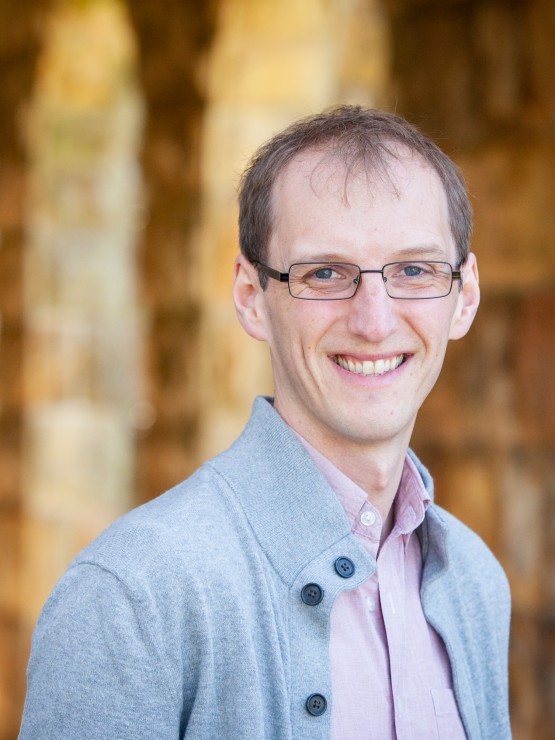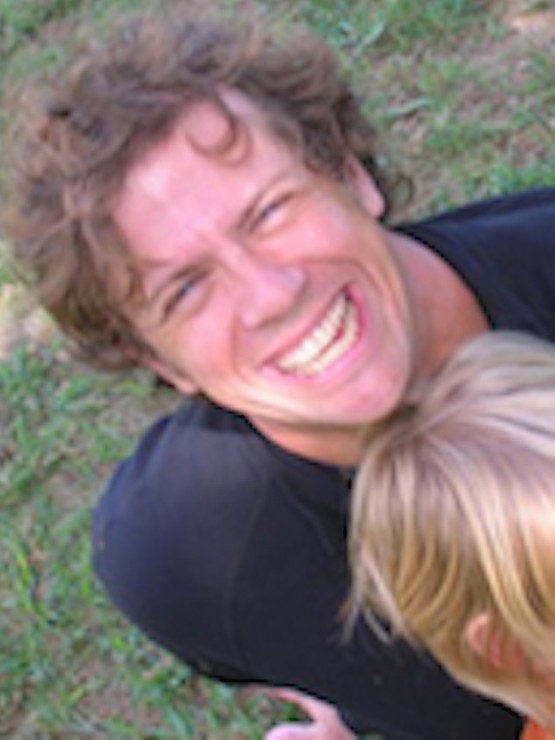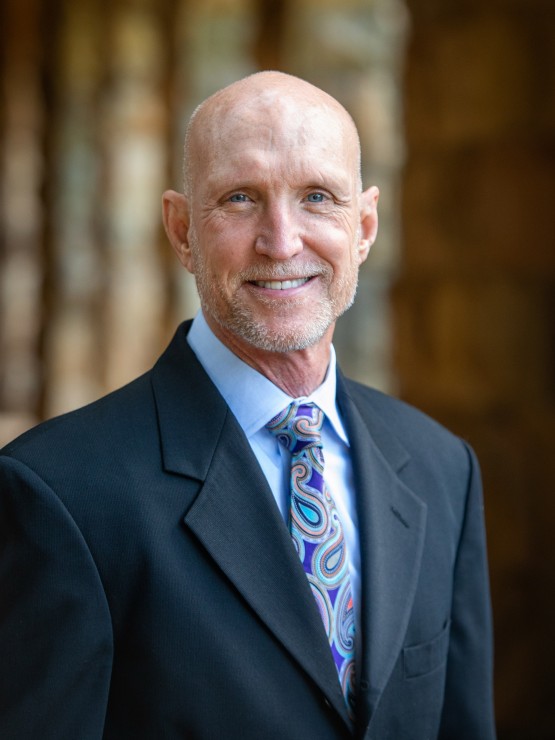
Eric Zinn
Director, Business Minor Program & Instructor of Business
Eric Zinn is a lecturer and the Director of the Business Minor program. He teaches courses in financial accounting, managerial accounting, business law, and taxation. Mr. Zinn earned a juris doctorate degree from the University of Florida; received master’s degrees in taxation, accounting, business administration, finance, and information systems from the University of Florida and the University of Colorado, Denver; and has a bachelor’s degree in economics from the University of the South. Mr. Zinn is also Of Counsel to the national law firm of Kutak Rock LLP and practices in the areas of federal taxation and corporate law.
